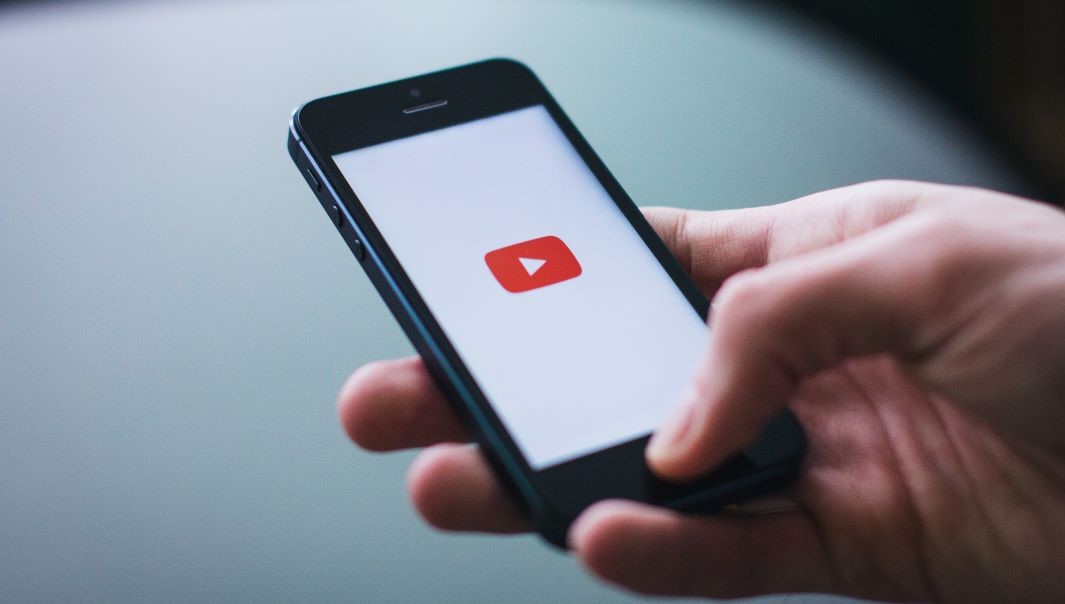Twitch, the Amazon-owned live streaming platform focused on gaming, has announced it will now allow the majority of its partnered creators to stream on rival platforms like YouTube, Facebook Gaming, moving away from its previous strategy of locking in partners with exclusivity clauses.
“Starting today, you are now allowed to create live content on other platforms,” Twitch said in an email sent out to partnered streamers. “This means that you have more flexibility to explore how to use different, off-platform features to further build your community and interact with streamers off Twitch.”
The live streaming platform says its previous exclusivity policy was based on the notion that streamers would find it easier to build communities of followers if they concentrated all their live streaming activity solely on Twitch. Now however, Twitch says the digital landscape has changed, making exclusivity less viable.
“Many of you engage with your communities in many different places,” said the email from Twitch, “so we are updating our policy”.
Not such a big change?
On the face of it, this seems like a massive change in tactics from the live streaming platform.
Competition between live streaming platforms has historically centred around signing the most popular streamers and tying them into exclusive contracts. Twitch, as the leader in live streaming and the place where many streamers started out, has always played more of a defensive role, trying to keep its most popular creators from jumping ship to rival platforms.
It hasn’t always been successful. A major blow came when Microsoft-owned platform Mixer poached Tyler ‘Ninja’ Blevins, arguably the most popular live streamer in the world at the time, back in 2019 (Ninja has since returned to Twitch after Microsoft shuttered Mixer). Twitch also lost big name streamers TimTheTatman, DrLupo, and Ludwig to YouTube in the second half of last year.
But this policy change doesn’t necessarily mean Twitch will no longer try to sign big name streamers to exclusive deals. In an FAQ on the new policy, Twitch says it will apply to the “vast majority” of partners, but mentioned that some will have “additional agreements”.
Rather, exclusivity will no longer be the standard for all partnered streamers. But even for those who the new rules do apply to, there are still some exclusivity rules in place – namely that they can’t simulcast on “web-based, Twitch-like services that support streaming for extended periods of time, such as YouTube and Facebook”.
What the rule change does mean is that Twitch streamers will now be able to simulcast short live broadcasts on platforms like Instagram and TikTok. And they’ll also be able to live stream on YouTube and Facebook without breaking their Twitch contract – so long as they’re not streaming on Twitch at the same time.
It’s not even clear that this second point is a change from Twitch’s previous policy. There’s debate on whether the actual legal wording in Twitch’s partnership agreements actually prohibited this or not (though many creators report having been told by partner managers that they weren’t allowed to do so).
The soft war for streamers
Despite the fact that the policy change is perhaps not as big as it first seems, reaction to the news from Twitch’s community has been broadly positive.
And it may be a nod to the fact that retaining streamers comes down to more than just money (though that certainly plays a part).
Streaming contracts often require minimum commitments from creators in terms of how often and for how long they’ll stream, while also keeping them locked into one platform and setting tight rules about how and where they can use that content. But this stringency has been a turnoff for some streamers. Ex-Twitch streamer DrLupo cited Twitch’s strict requirements as one of the reasons he made the move to YouTube.
Twitch’s change in approach could mark a new phase in the battle for talent, where platforms retain creators not by forcing them into exclusivity, but by creating environments they want to stay put in.





